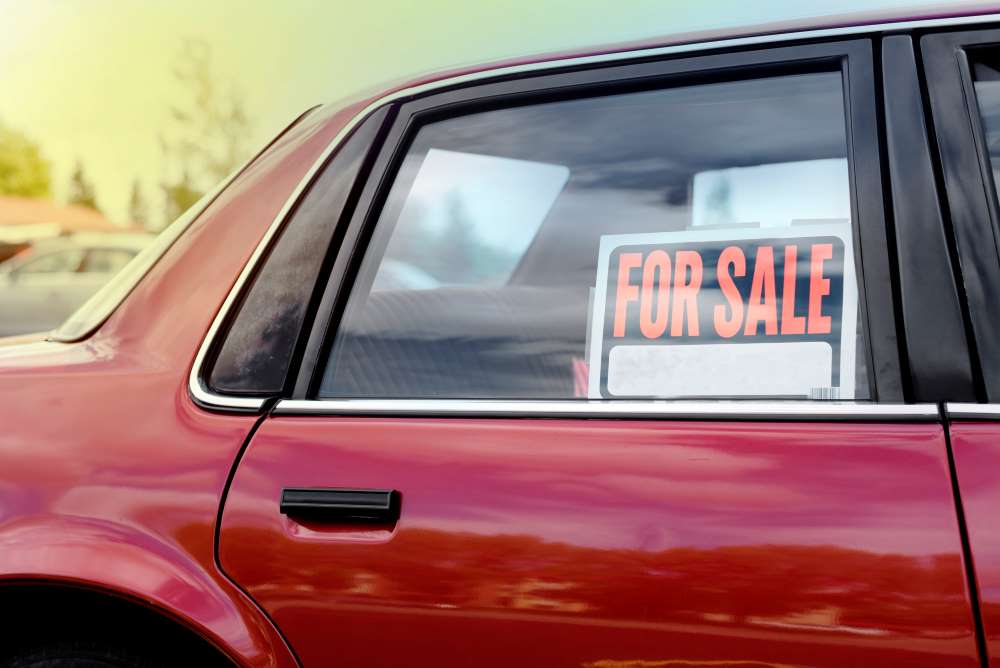
Learning how to drive is one of the exciting times in a person’s adolescent life. It’s also a stressful time for the parents of the teen. There are a lot of questions that go through the head of a guardian who is not only looking out for the safety of their child but also trying to get the best price on their automotive needs.
The first dilemma that comes up in this discussion is figuring out what your child is going to drive. Will they be driving your car? Are you going to be buying an entirely new vehicle just for your kid? These answers are often riddled with problems, such as how to find time to share a vehicle and deciding whether you have the money to buy another one.
This leaves a common solution: letting your child drive an older car you no longer use. But how safe is this decision? Is car insurance on a car I rarely drive cheaper than regular insurance, or can I even get insurance on a car that hasn’t been inspected for reliability in years?
We’ll talk about the factors that influence the safety of driving an older car and whether you are doing the right thing by letting your inexperienced teen behind the wheel of one of these cars.
How old is the car?
The age of the vehicle you’re handing down to your child is the number one factor in whether it has the required amount of safety protections built into it. Does the car have seat belts? What about air bags? Is it modern enough to have extra features like parking assists and blind-spot mirrors?
You need to decide whether the car has all of the legal requirements in place to drive and whether you want more safety features that only recent cars make available. The skills of your child behind the wheel may also factor into your decision about driving an older car.
Make sure the car is still fully functional in its fundamental aspects. Does the engine run well? Are the brakes capable of stopping the car when there is danger right in front of the vehicle? If the vehicle has a stick shift, has your child been taught how to drive that type of machine?
Make sure the car has enough seats for all your teen’s friends. Young people love driving without adult supervision after they get their license, and this includes showing their skills off to their friends without parents in the vehicle. Make sure the passenger seats are safe and they have room to house the people who will be riding along in the car.
If all these qualifiers can be checked off, there is no reason to be afraid of your teen driving an older car you have in your garage or driveway. Teach them some of the intricacies of driving the vehicle from your time behind the wheel, and they might even take joy in driving something you used to.
This might inspire teens to take good care of an older car with sentimental value to the family. Extra motivation to drive carefully is always welcomed by parents when their kids are new to driving on their own. Just don’t let nostalgia blind you if it's time to upgrade to a new vehicle. It won’t hurt your teen’s feelings to have something shiny and fresh to ride around in.
Can you get insurance on a rarely-driven car?
Insurance shouldn’t be too much of insurance on older cars as long as you have made sure the above safety features are in place. Insurance companies want to mitigate risk, which means it can be hard to find cheap insurance for teens, who are often viewed as a more risk-taking demographic and have find insurance providers for high-risk drivers.
This means that you should show them that the car you want to be insured will be functional and safe, even if it hasn’t been driven in a while.
In fact, you can even get some discounts on your policy if you can prove that your car still won’t be driven very often. Teens often have fewer driving privileges than the rest of the population. This will make it so they drive less often than older adults.
In many ways, this lack of driving will preserve an older vehicle that hasn’t been driven in a while and make it so that it’s useful for years to come.
You may limit your teen to only driving during the day. This prevents them from going to parties with alcohol. It ensures they won’t get behind the wheel while under the influence and won’t struggle to see the road after dark.
Other teens may only drive to school or for a little bit on the weekends. If you can prove the car is only for the occasional short trip or drive, this also could get you a discount on coverage. These are all important things to look into because insurance costs are higher for young drivers. Getting discounts where you can is important for your bank account.
What if you don’t have a safe, older car?
Sometimes there is nothing you can do to make an older car safe for driving. You should always prioritize your teen’s safety over everything else. You may have to explore other options for transportation for your teen if you don’t have the money to get an updated vehicle.
Ask them if they want to get a part-time job that will help pay for a car for them to drive. Explain that if they want to drive your car, they will have to do it on your schedule, not theirs. Sacrifices have to be made when young people get behind the wheel. They need to know that getting a license is not the end of learning how to drive responsibly.
This also means your teen won’t always get to drive when they want to. The proper resources need to be available. Getting a license and having to wait for a vehicle may require too much patience for a teenager, so encourage them to wait on going to driver’s education courses.
Driving is a serious topic that teenagers don’t always understand the responsibility of. As a parent, it is your job to teach them. Decide whether the vehicles you own are safe enough for use. If you don’t have the money to upgrade, driving will have to wait. It is a privilege for teens to drive, not a right.



























